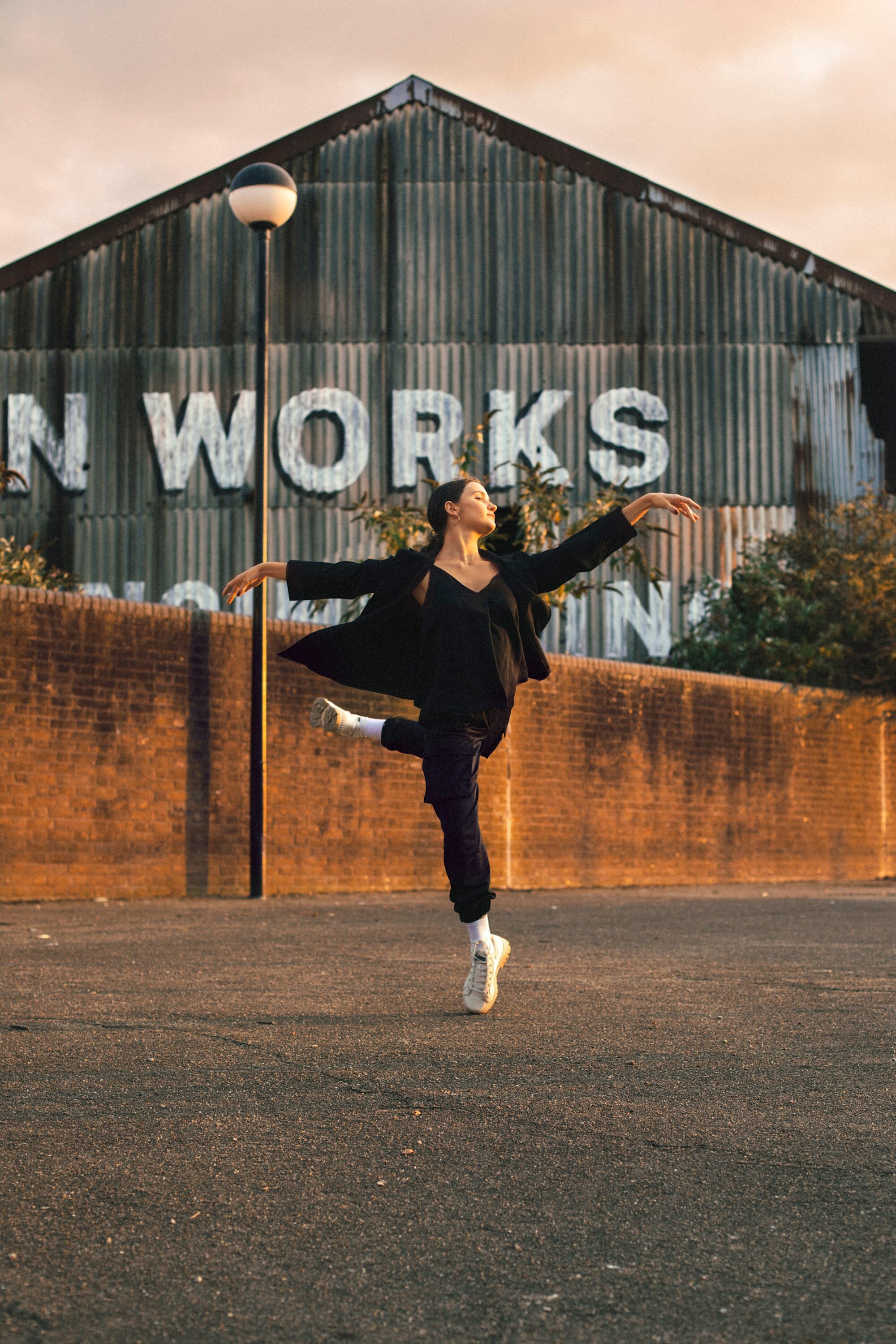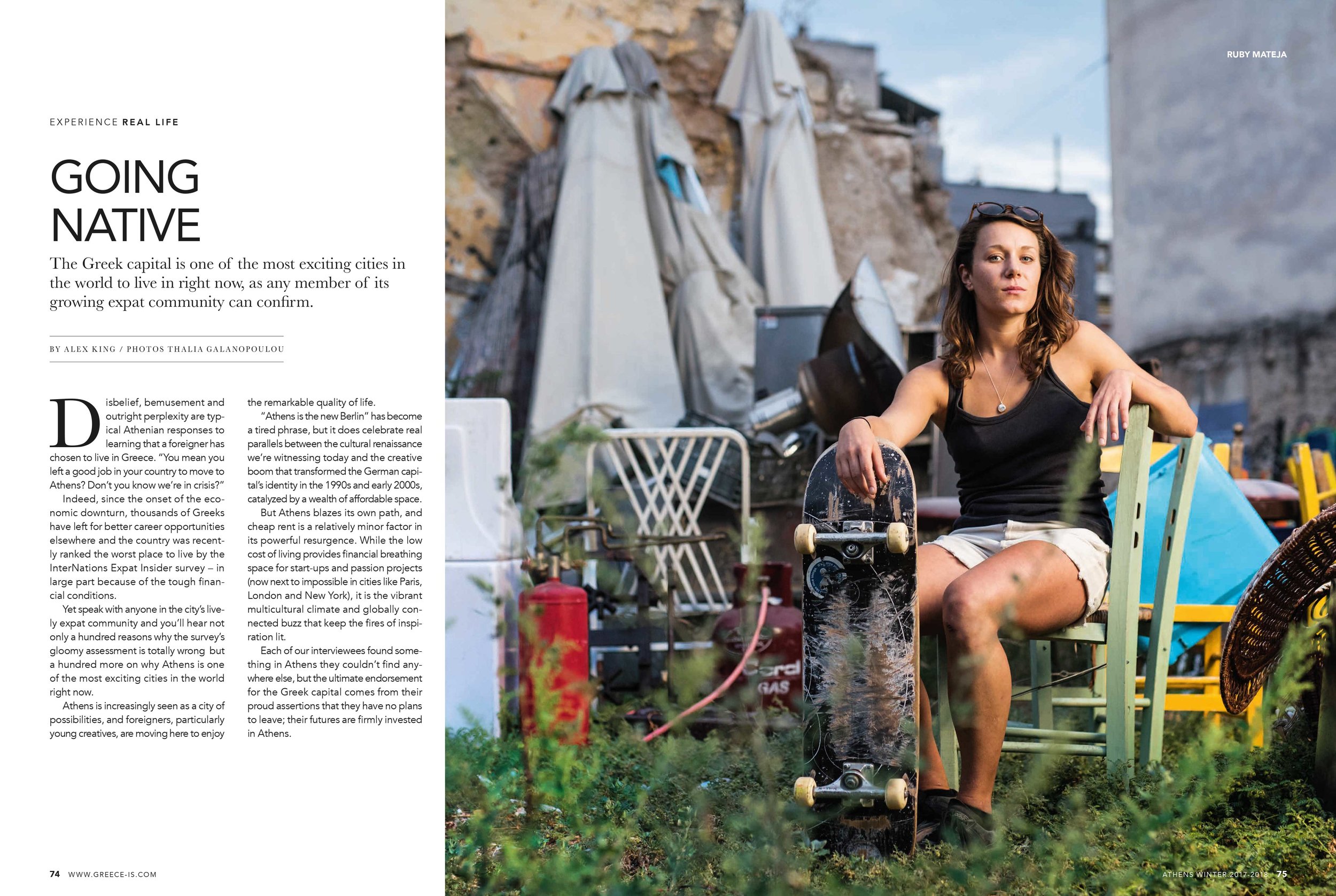Drummer and composer Sarathy Korwar is fusing contemporary jazz, hip hop and poetry from Britain and India to chart a hopeful path forward.
“If I wanted to make a dystopian album, now would be the easiest time,” reflects Sarathy Korwar. “But everything that has happened over the last few years makes me think that being positive and hopeful is the most fundamental form of resistance right now.”
After channelling the dark energy of nationalism, chauvinism and racism in both contemporary India and the UK into his widely-acclaimed 2019 album More Arriving, now Korwar is building a musical utopia with jazz, hip hop and poetry from Britain and India to liberate us from our bleak dystopian present.
A percussionist, composer, and musicologist, Korwar’s life story reads like anathema to those determined to build barriers against the eternal flow of people and ideas: the Brexiteers of Little England, Trump’s Make America Great Again cheerleaders and the Hindu supremacists behind Indian prime minister Narendra Modi. Born in the US, Sarathy was raised in India where he studied classical Indian percussion, before moving to London where he studied jazz percussion at SOAS and eventually released his debut album Day to Day with Ninja Tune in 2016 – followed up by a tour with Kamasi Washington.
But Korwar’s journey as an artist is the perfect illustration of the benefits of migration and multiculturalism: catalysing cultural dialogue, critique and cross-pollination between the contemporary jazz and hip hop scenes in the UK and India. More Arriving brought the beats and bars of the Indian diaspora together in a hypnotic fusion fuelled by Korwar’s anger over the toxic politics that fuelled Brexit and a resurgence of racism and nationalism around the world.
“In my mind, More Arriving was very much about the present,” he says. “It's about contemporary India and the UK. It's about the lives and stories of South Asians in these parts of the world and hopefully taking a nuanced version of these stories. All around the world, we're in a state of romanticising nostalgia: this idea that things were great and we need to take them back to how they were: Brexit, Make America Great Again, India First, etc.”
More Arriving was recorded in India and the UK over a period of two and half years, and features some incredible talent drawn from the South Asian diaspora, including rappers MC Mawali, Prabh Deep and Delhi Sultanate, and spoken word artists Zia Ahmed and Deepak Unnikrishnan.
“I think you can draw parallels between what's happening with hip hop in India and what's happening with jazz and grime in the UK: there is a lot of focus on local,” Korwar explains. “For the first time in India, an independent music genre is coming primarily from people with working class backgrounds. It excites me that there are young kids growing up listening to things from all over the world but rapping in their own local languages (which makes the flow and cadence really interesting) over beats made by local producers, with samples from the music and sounds they have grown up hearing. Hip hop is taking on its own language in India.”
Between album projects, Korwar has been touring and recording with UPAJ Collective, which was born out of a 2018 gig at London’s Church of Sound. “UPAJ was founded on anti-orientalist thinking: I wanted to reimagine spiritual jazz classics from a contemporary perspective and examine the Indian influences they claim to have,” Korwar explains. “I love these tracks from the ‘60s and ‘70s but also find many unsettling and problematic. A lot of times you hear out-of-tune sitar or badly played tabla, for example. So, I wanted to reimagine them with really good Indian classical musicians playing alongside jazz musicians.”
‘Upaj’ means ‘to improvise’ in Hindi and following their gig at Amsterdam’s Bimhuis in July 2019, the very next day, UPAJ were invited by Night Dreamer to tape a one-take improvised recording for the label’s Direct-To-Disc Sessions. The band stayed in Holland and recorded the album in nearby Haarlem; recording straight-to-acetate, with just a pause between each record side.
“When we first got offered this opportunity to record in one take, my mind immediately went to the tradition of jazz and one-take recordings, from legendary albums like Don Cherry's Organic Music Society and Miles Davis' Kind of Blue and even Bitches Brew: one instruction to the musicians then just pure improvisation,” Korwar says. “Some of them sound like it's just literally people in a room making music together, with an unadulterated, unproduced joy. I definitely wanted to channel that spirit into the album."
Korwar has spent the second half of 2020 working on his latest album; a project which follows his own emotional journey as a South Asian in the UK and moves beyond anger and frustration to imagine a more hopeful future – an Indian diasporic musical utopia, no less.
“It's kind of sci-fi meets futurism but from a very South Asian perspective,” he says. “This will be a work of speculative fiction soundtracked by a concept album about how we can imagine and build a positive future. As creatives and as a society, the problem we have is a lack of imagination. We seem incapable of envisioning a world drastically different – or much better – than the one we are in. One part of the struggle in knowing where to go from here is that we don't really see visions of a future that look positive or in which we would like to live.”
For Korwar, the means to create a more hopeful future come through drawing on culture, multiculturalism and art to construct a more ambitious and inspiring narrative – even if utopias are, by definition, unachievable. In these dark times, art is the answer.
“For me it’s about painting a picture of the future not based in the past,” Korwar explains. “The power of any art or creative endeavour is in exploring who we were, who we are and who we want to be. That responsibility to lead the way lies with artists: in showing everyone who you are, what has made you you and where you would like to go. That's what music can do, that's what art can do.”
Sarathy Korwar & UPAJ Collective’s Night Dreamer Direct-To-Disc Sessions is out now.























